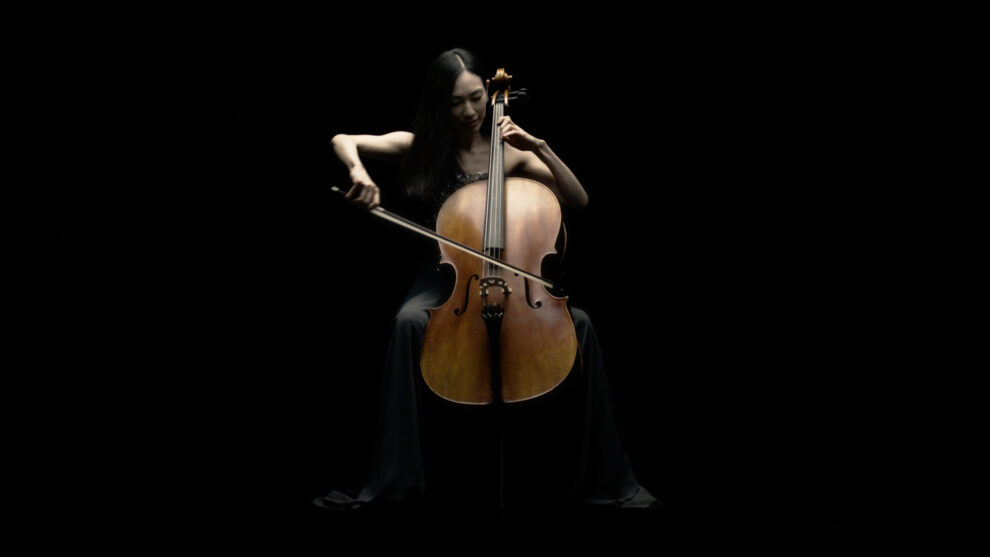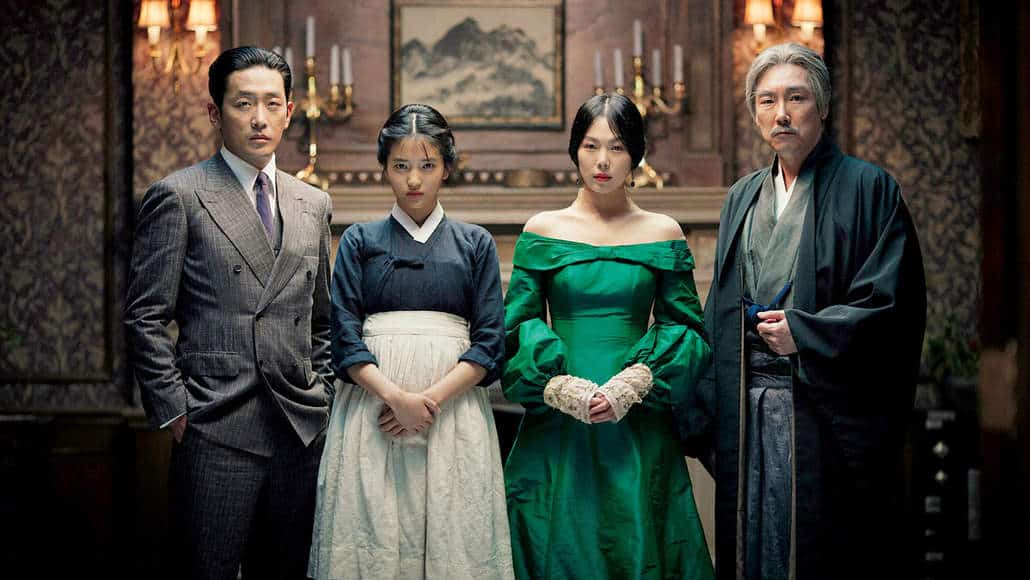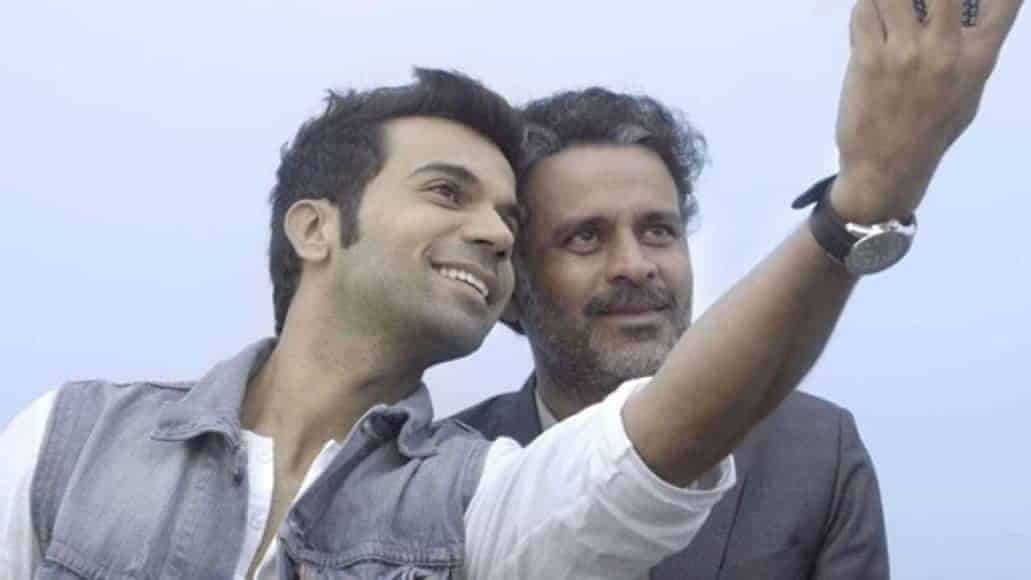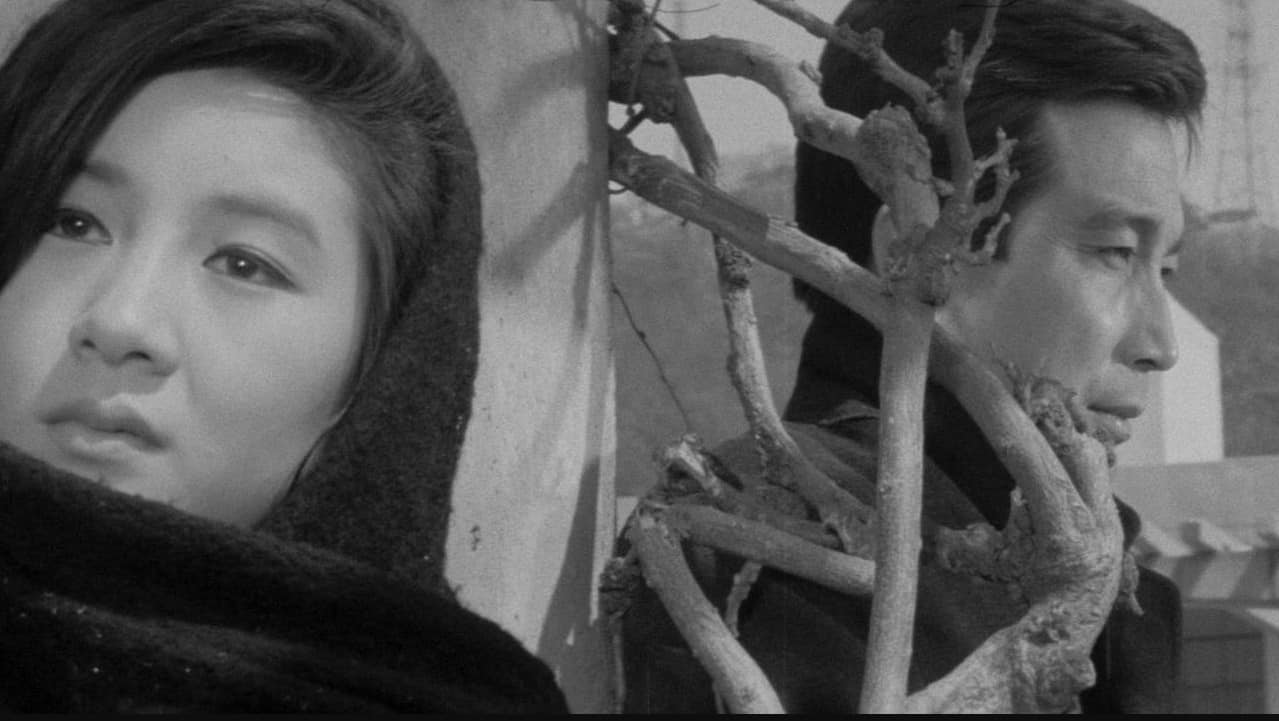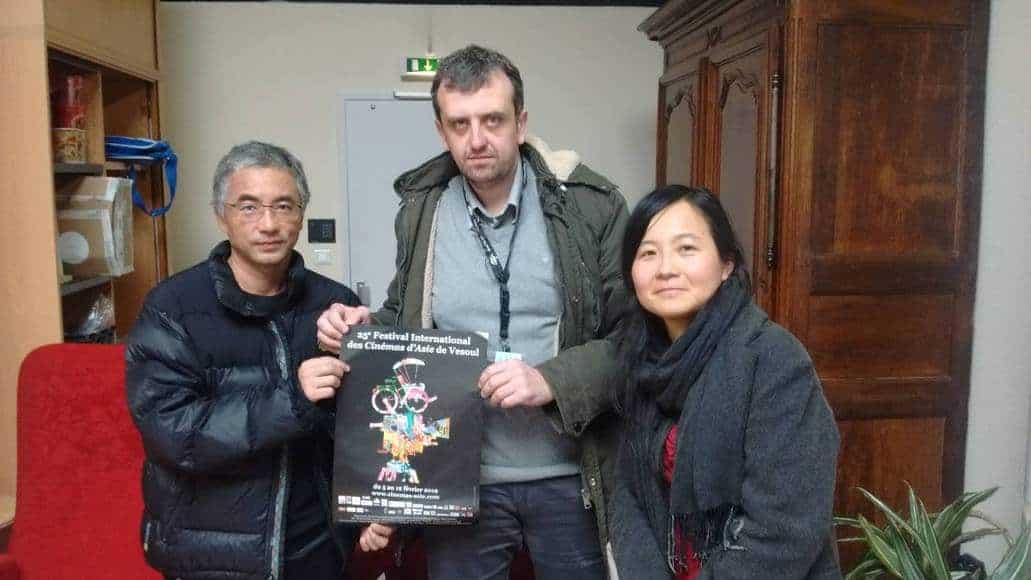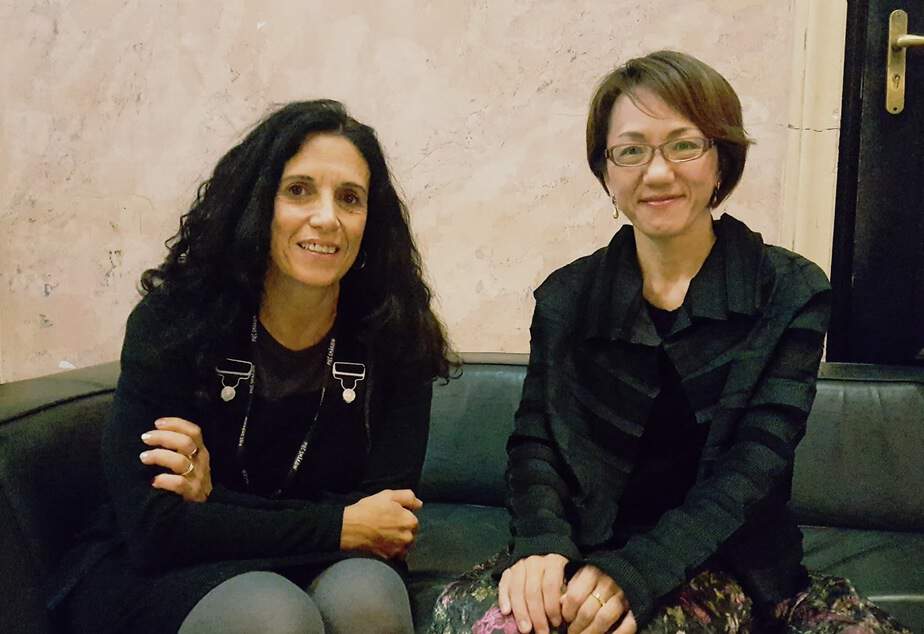The Japanese selection of Skip City International D-Cinema 2023, despite the fact that the diversity in terms of selection was significant, proved, essentially, the obvious. When Japanese filmmakers try to follow the recipes of the festival-favorite local directors (Hirokazu Koreeda, Naomi Kawase, Kiyoshi Kurosawa etc) the result is films that are either repetitive, or dull, or both, and most of the times much worse than the works of the aforementioned, with the lack of tension in particular bordering on the rather annoying. However, when they let their imagination free, both in terms of context and cinematic techniques, the result is surprisingly good, definitely in terms of the former, but frequently also of the latter. In that fashion, and considering the fact that I did not manage to watch every film, the ones that stood out where “My Mother's Eyes”, “Alien's Daydream”, and “Don't Go”
Click on the titles for the full articles

1. Film Review: My Mother's Eyes (2023) by Takeshi Kushida
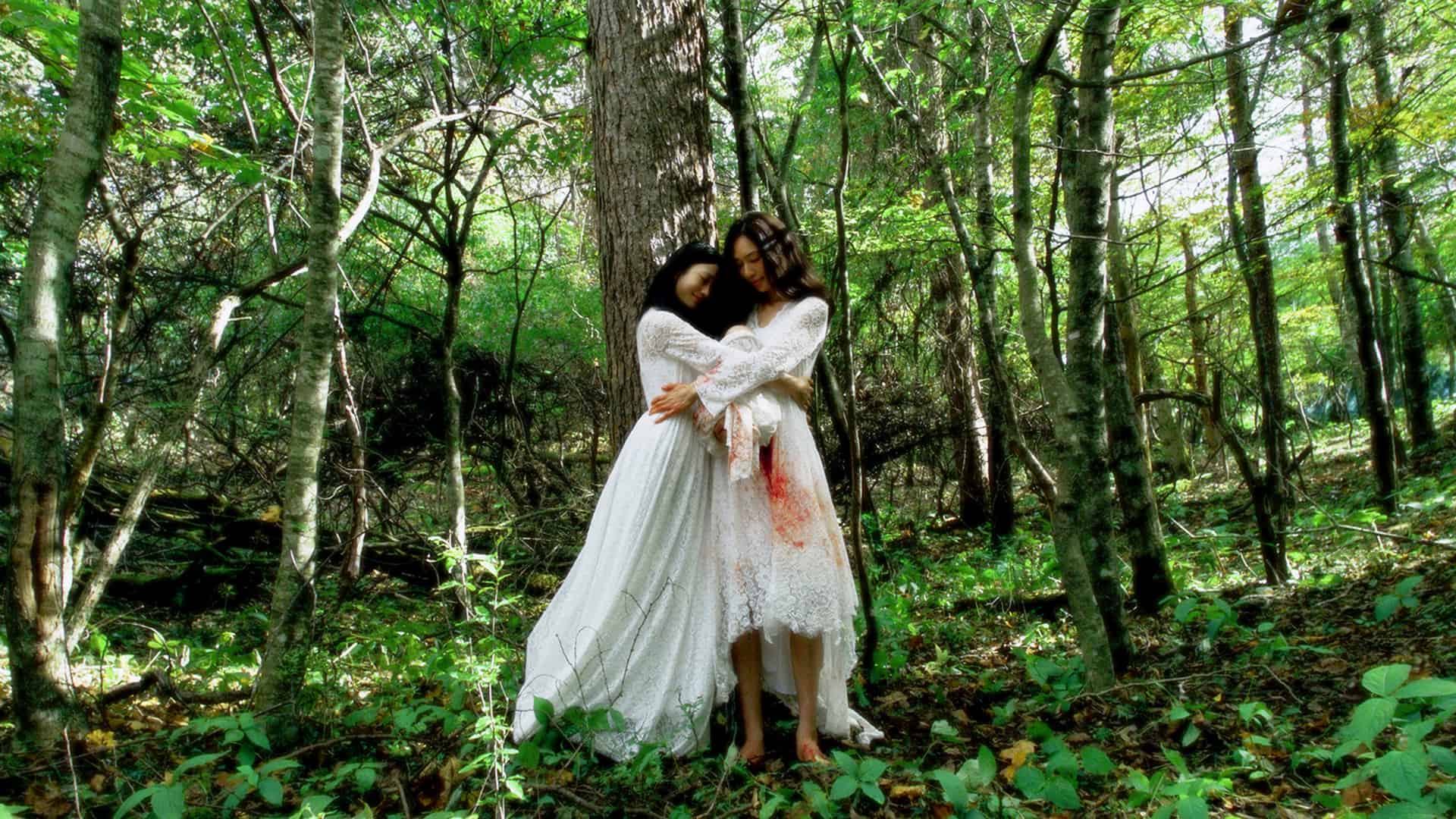
Takeshi Kushida directs a psycho thriller essentially, and the narrative will remind many of Kim Ki-young's films, although the sexual connotations are substituted by a mother-daughter relationship (and eventually a father-son one). The codependence that can frequently dominate this type of connections is implemented in extremes here, with the concept of the VR goggles essentially making the two women, one. And while the mother always seemed to want that, to create a daughter based on her own self, the way the daughter also starts to enjoy the concept, also because it is her only way out from the constant watching of the ceiling (as mentioned in the movie), definitely moves into the area of perversion. Especially since sex, violence, and in general, any experience the mother has, so does her daughter, as the two become more and more as one. (Panos Kotzathanasis)
2. Short Film Review: To A Hard Life (2023) by Kentaro Nagasato
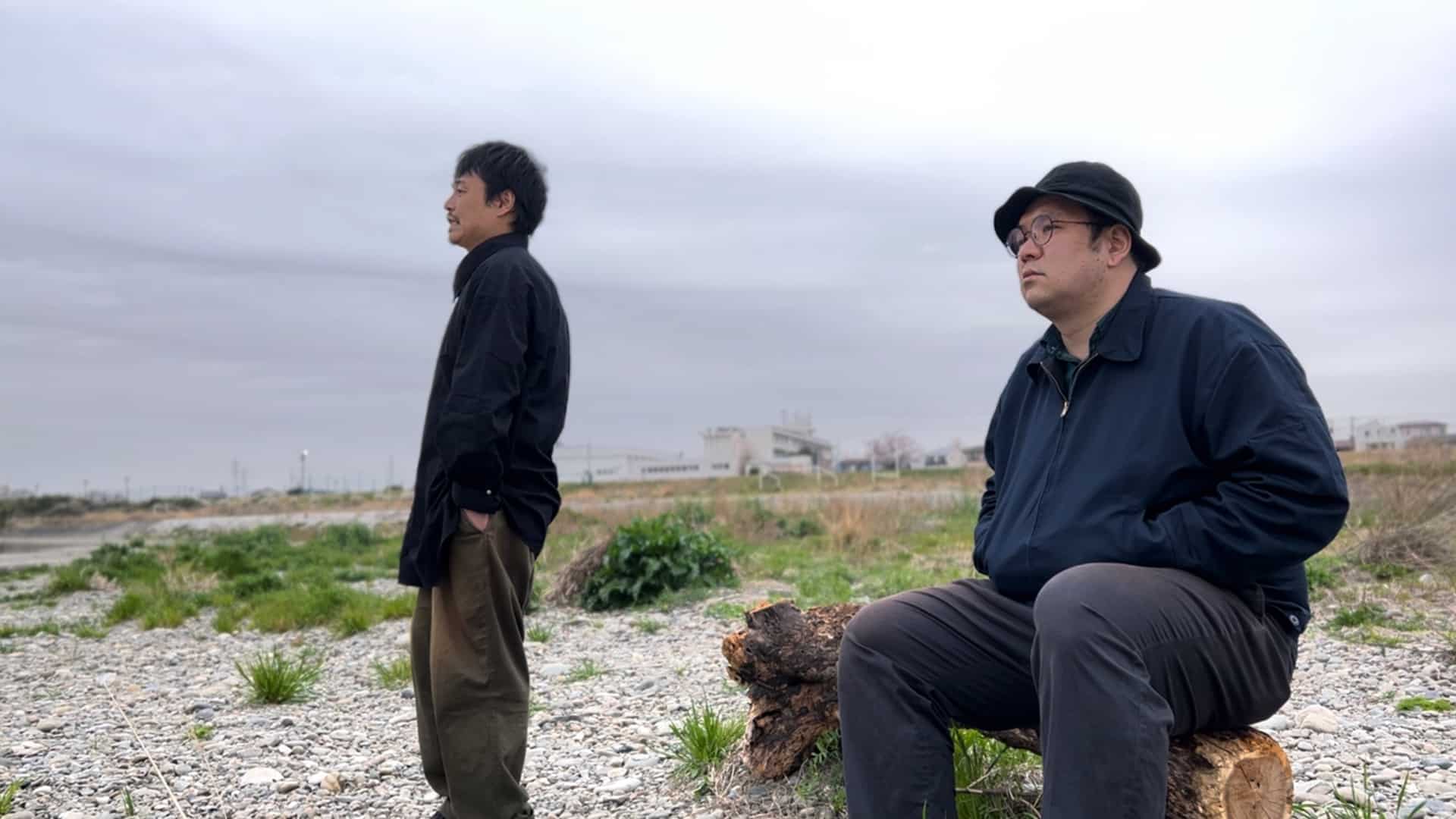
The first one revolves around appearances and how they can impact an individual's personality, particularly in the social media world, where beauty is promoted (shoved in our faces one could say) from every angle. At the same time, and as the story progresses, Nagasato also shows that when it comes to romantic relationships, or even meeting women in this case, something more than appearance is needed, while using tricks can actually turn into a boomerang. Furthermore, the need for connection, both romantically and socially, all people feel is also showcased along with the consequences of its lack, with both protagonists actually presenting this message. (Panos Kotzathanasis)
Check also this interview
3. Film Review: Mending Cracks (2023) by Kazuaki Nagaya
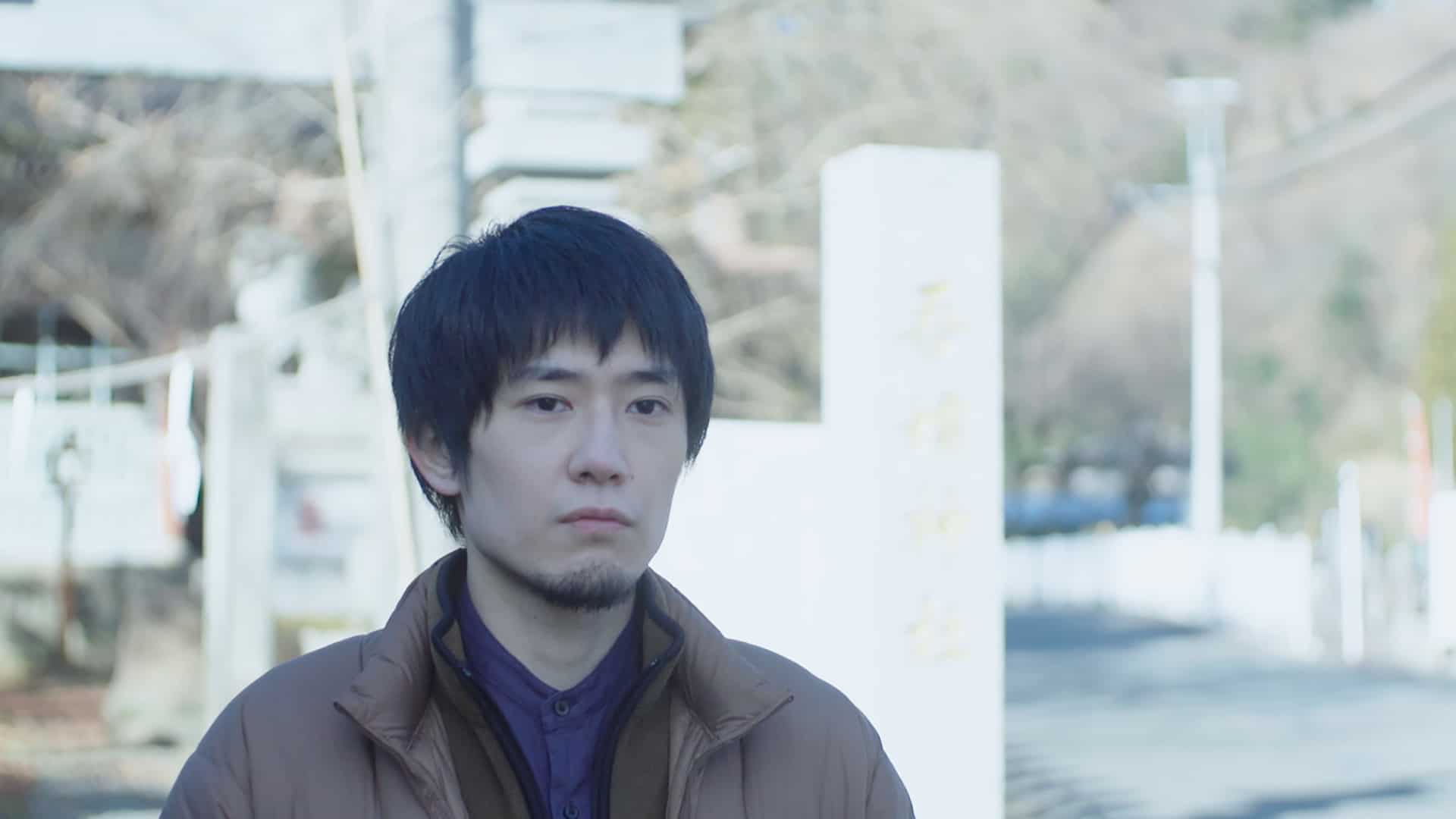
Brothers exploring their flawed relationship is familiar, but nevertheless a premise that makes for a potentially compelling movie. Familiarity isn't automatically a bad thing so long as the execution lands. Plus, a simple story can be remarkable, many filmmakers have acomplished mastering simplicity while exploring engaging themes. The movie starts out strong with a calm sequence depicting Mamoru's daily routine. So beyond that point, why is “Mending Cracks” unsuccessful in drawing viewers into its narrative? (Sean Barry)
4. Film Review: Hierophanie (2023) by Kazuomi Makita
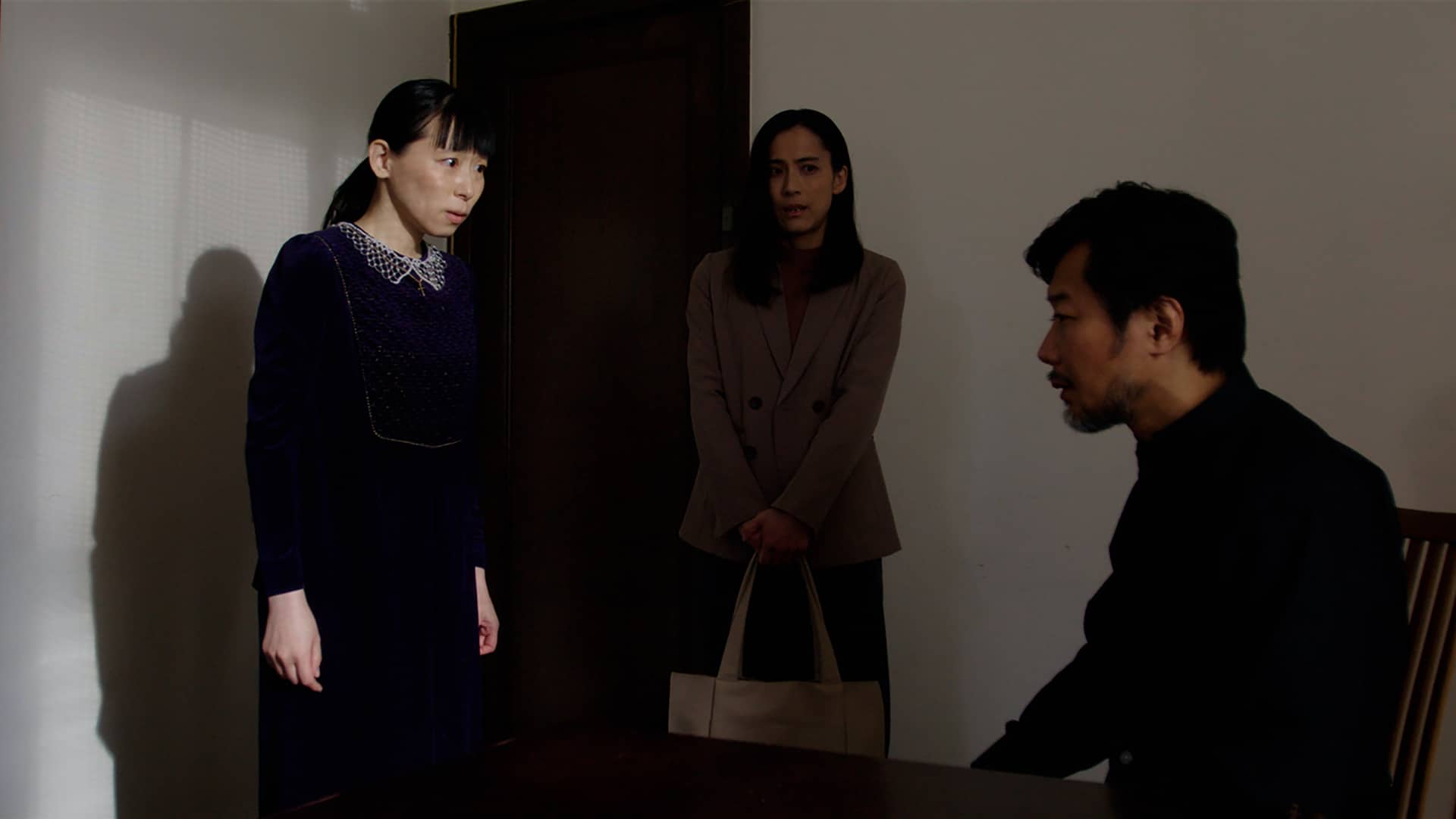
Structure and purpose are the defining factors of the visual approach to each scene and dialogue. The dialogue is short, but to the point, showcasing the emotional layers of each message; what is said versus what is hidden underneath the words. All the actors give great performances, making “Hierophanie” a true ensemble effort. Kayo Ise and Ryuta Furuya especially highlight their characters drive to help and listen to others as well as their frustration as they are unable to see the tragedy unfolding in front of their eyes. The audience goes through the same motions as these people as their struggle becomes relatable, making the feature as a whole very intimate and personal. (Rouven Linnarz)
5. Film Review: Confetti (2023) by Naoya Fujita
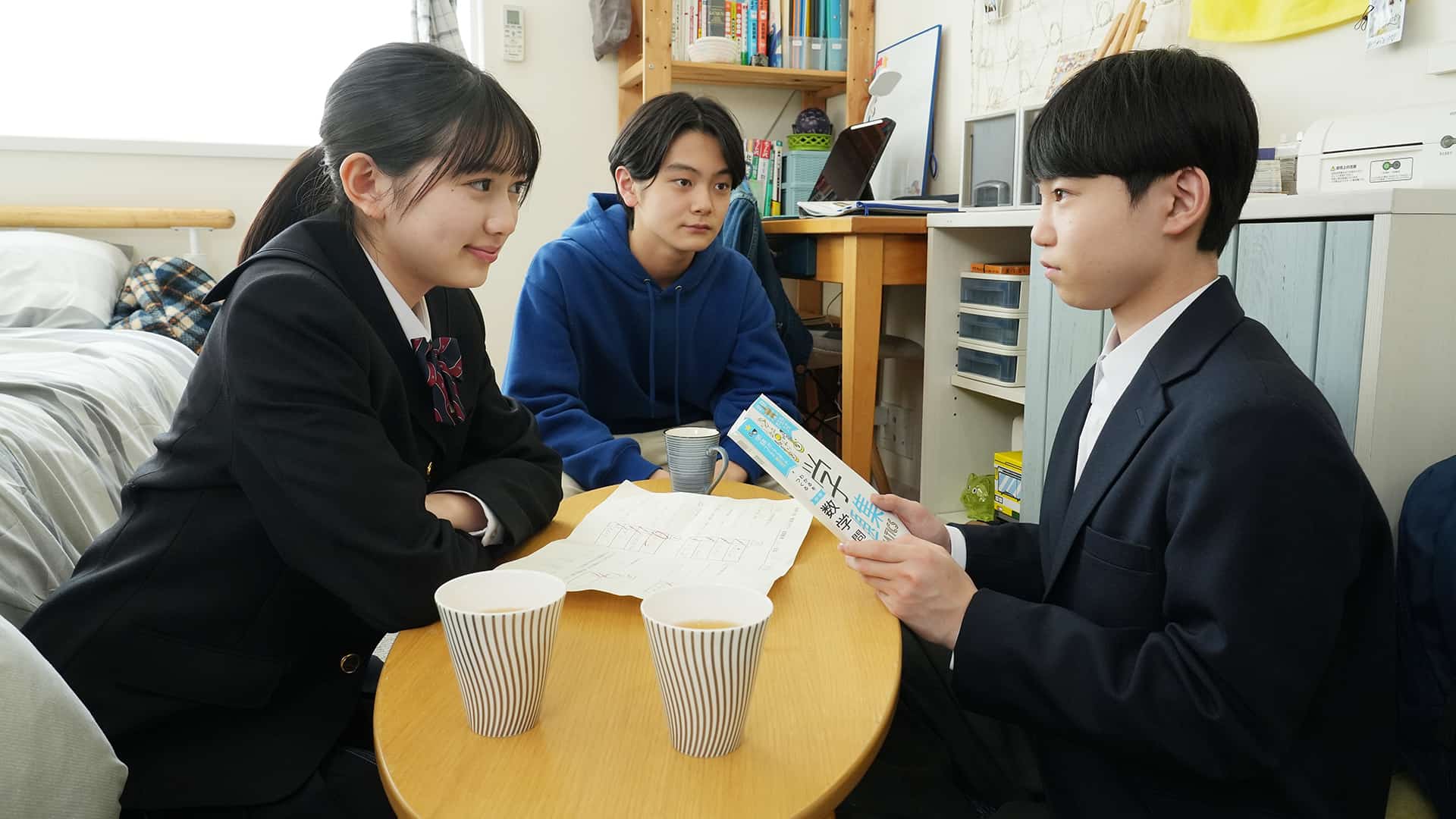
The identity crisis of the two male protagonists is further nurtured by the absence of their real mothers. Ken was adopted and Yuki's mother died when he was five years old. In search of a replacement, the boys struggle to find a place in the world but at the same time support each other actively. This leads to a strong bounding and adds another perspective on the parts of Maya and Asaka, who vacillate between love interest and female identity figure. The educational role of the headteacher, who initiates the first encounter between Ken and Yuki, and the supportive backup of Yuki's father are in strong opposition to the missing male influence on the upbringing of Asaka and Maya. The script embraces the diametral dilemma of one-sided parenting. In doing so, the plot highlights the character development of the teenagers from kids seeking a meaning of life to independent adults. (Alexander Knoth)
6. Short Film Review: Hunting Results (2023) by Minami Ikemoto
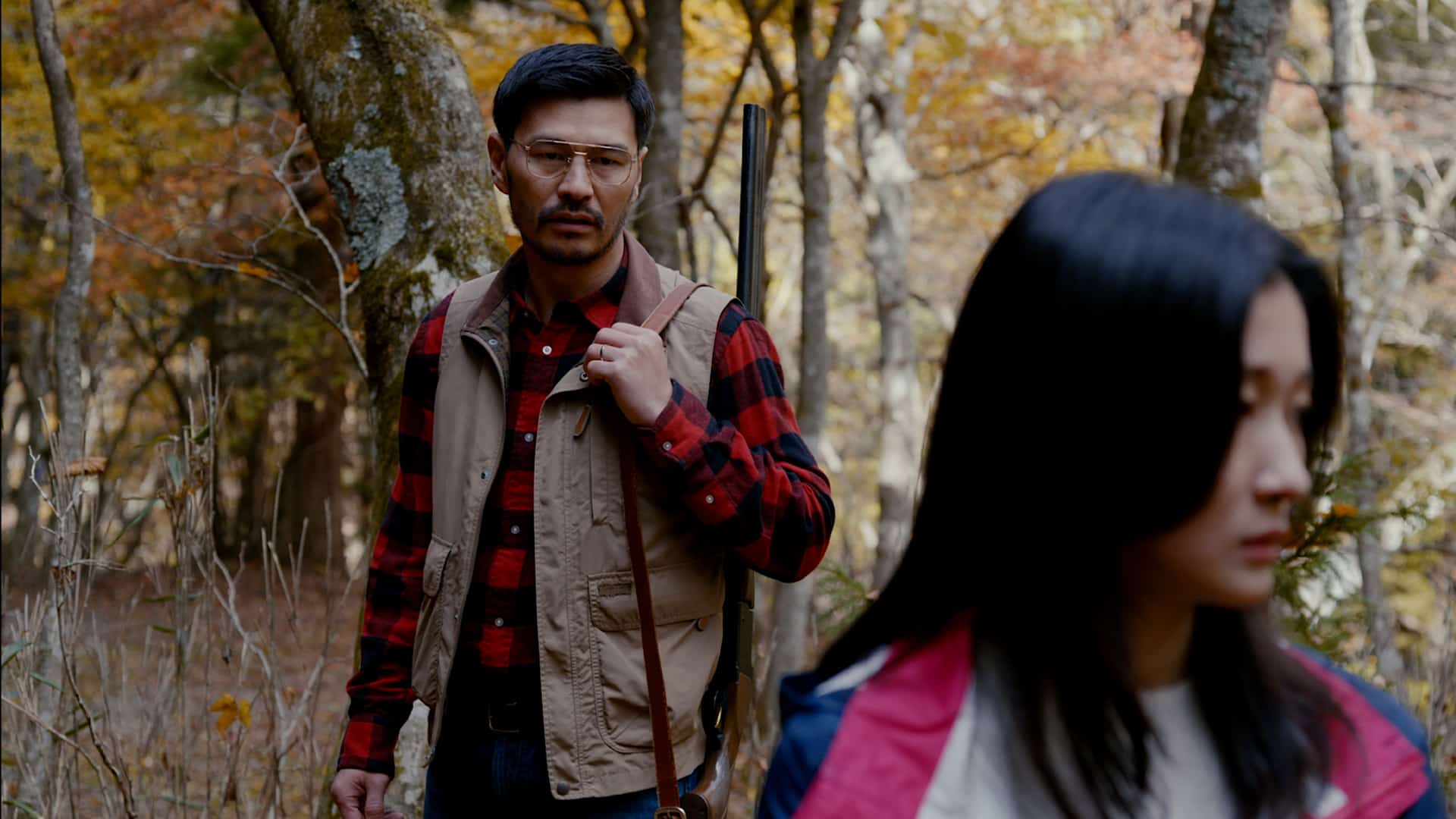
On the surface, “Hunting Results” is a story of a married couple settling their differences. Yet, it's also a thought-provoking exploration of perspectives and societal ideas. Naotaro is excessively old-fashioned, constantly justifying his harsh demeanor because of his work ethic while standing by bigoted and sexist notions. However, Yuko retains an open mind and a never-give-up attitude, with more accepting beliefs, standing up for herself, and tearing down preconceived gender stereotypes. (Sean Barry)
7. Short Film Review: Wandering Memories (2023) by Yuta Noguchi
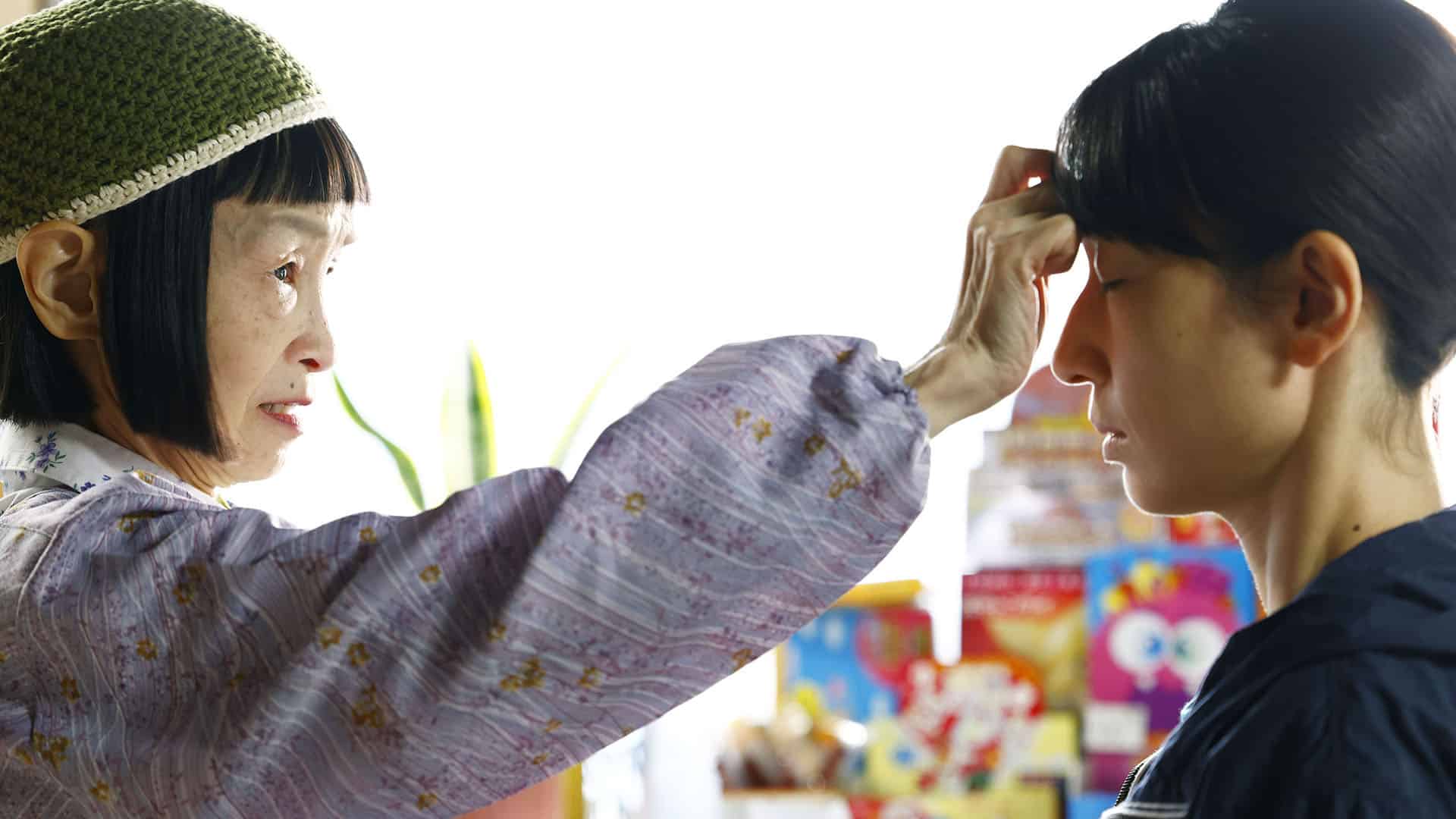
“Wandering Memories” is sentimental, capturing the gut-wrenching feeling of losing a loved one. Missing person cases bring unimaginable pain to families who wish to see those they care for return safely, and this short film powerfully captures that psychological pain. Shiori's struggles and her interactions with others within the story feel real. Wishing for a happy ending is equally painful, yet sadly, the truth is sometimes cruel. There is a major emphasis on the happy memories beforehand, which further adds to the lead's desperate search for closure. These emotions are greatly emphasized in the dynamic between Shiori and her aging father and the pawnbroker she meets who offers to help her in the journey for closure. (Sean Barry)
8. Animation Short Review: A nu: In True Colors (2023) by Takanobu Koga
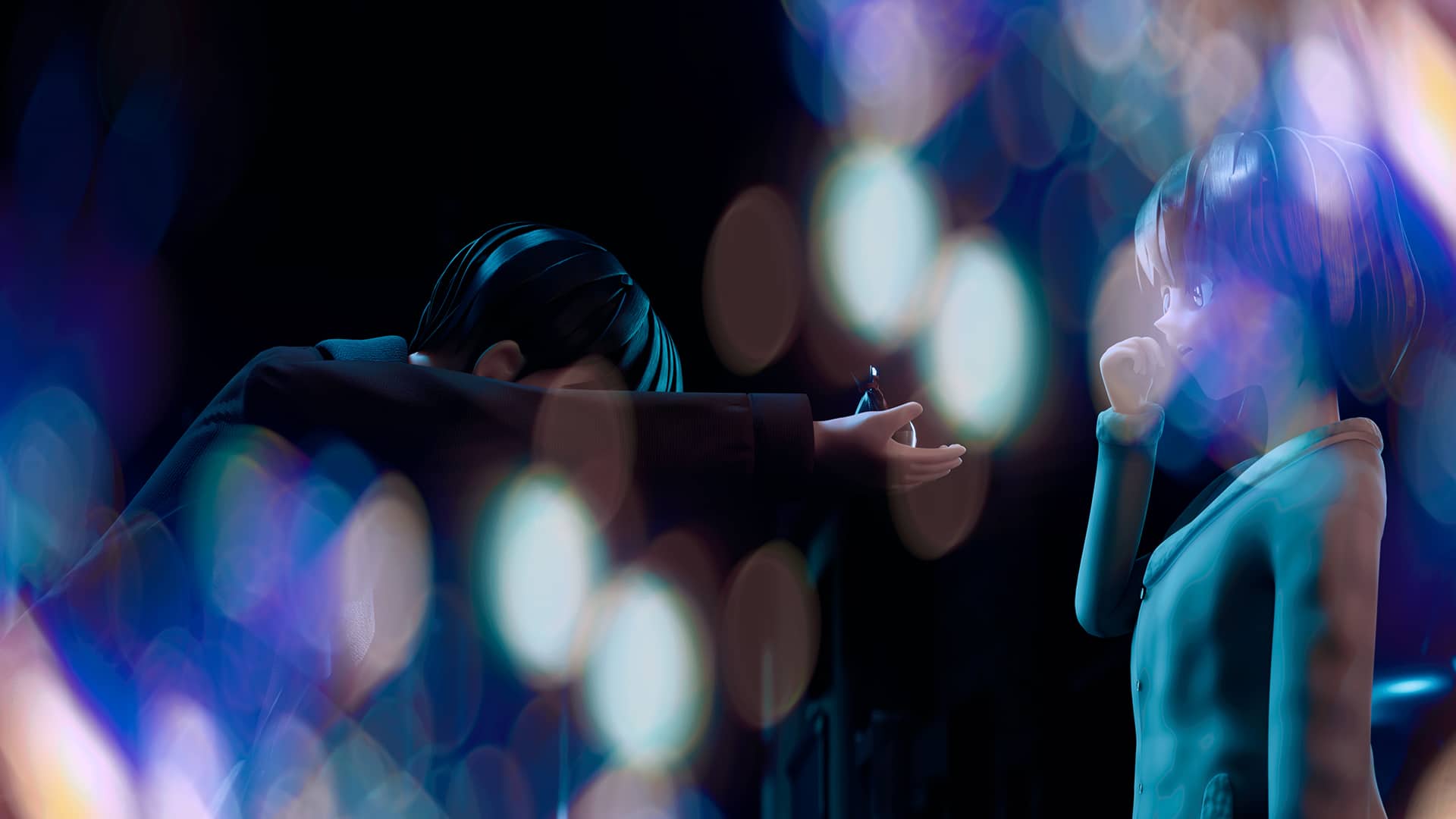
Takanobu Koga directs a really adorable CGI animation, that portrays the adolescent/school romance in the most amusing fashion, reminding us also how “politics” work in such an environment and how easily teenagers get both enthused and frustrated. At the same time, the comments about perseverance, never giving up, and the importance of support from parents and friends is also highlighted through the story. (Panos Kotzathanasis)
Check also this interview
9. Short Film Review: Mimic (2023) by Akihiro Takahama
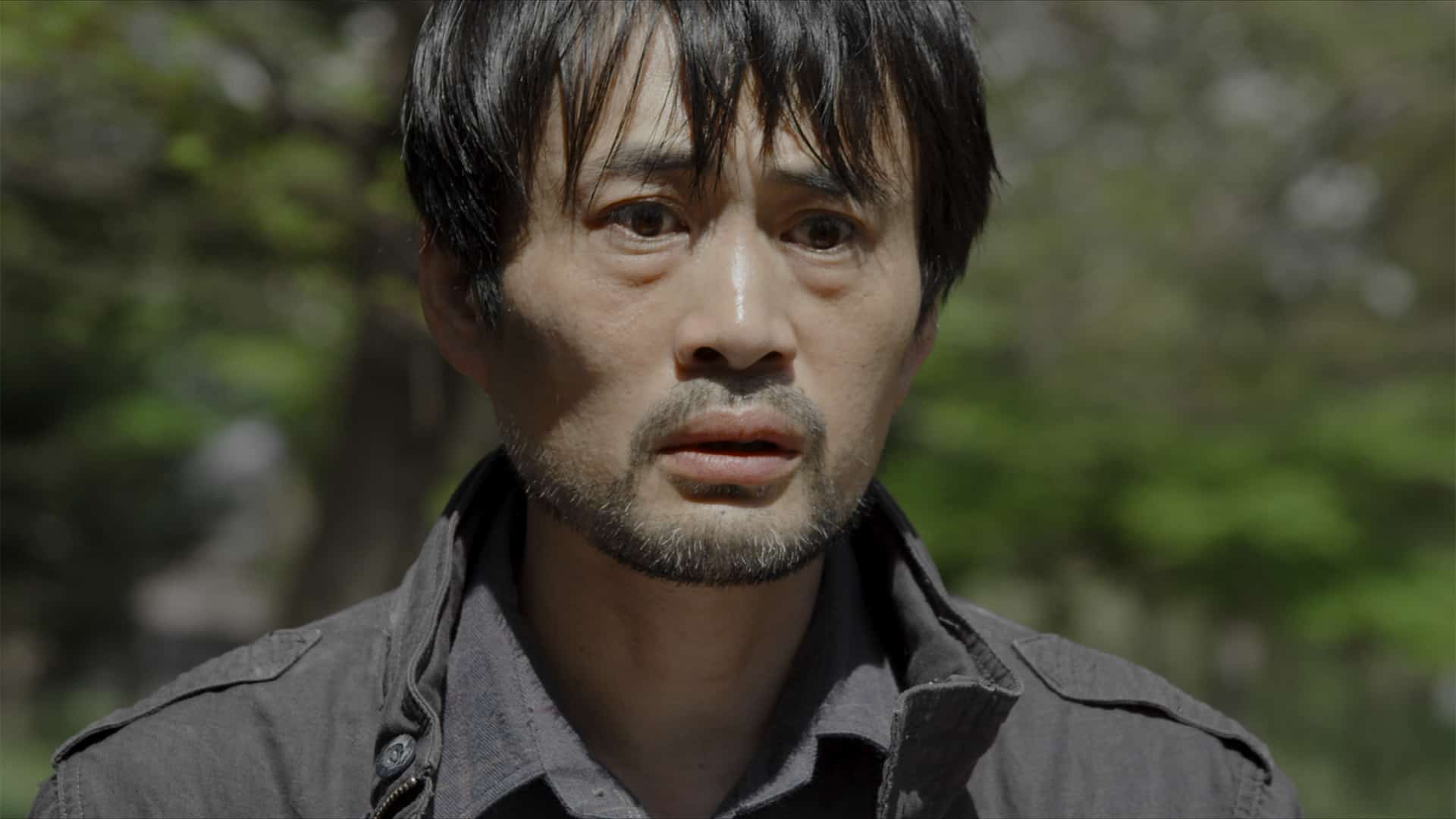
Designed by intelligent imagery and distinctive conversations, this only 27-minute long film entails a lot of food for thought. The social criticism of “Mimic” focuses on the monetary aspect of our lives and its influence on self-determination. Yuki Okita, known from many Yoshihiro Nakamura films (“The 47 Ronin in Debt”, 2019), plays the lead role and does an excellent job of portraying the change from a rather happy bum to an emotionally empty rich man. Another familiar face is Hiroko Horikawa, who recently participated in Mikiya Sanada‘s “Dream of Euglena” (2022) and is now playing Morimoto's homeless friend. (Alexander Knoth)
10. Film Review: Ten Years + One Day (2023) by Shinya Nakata
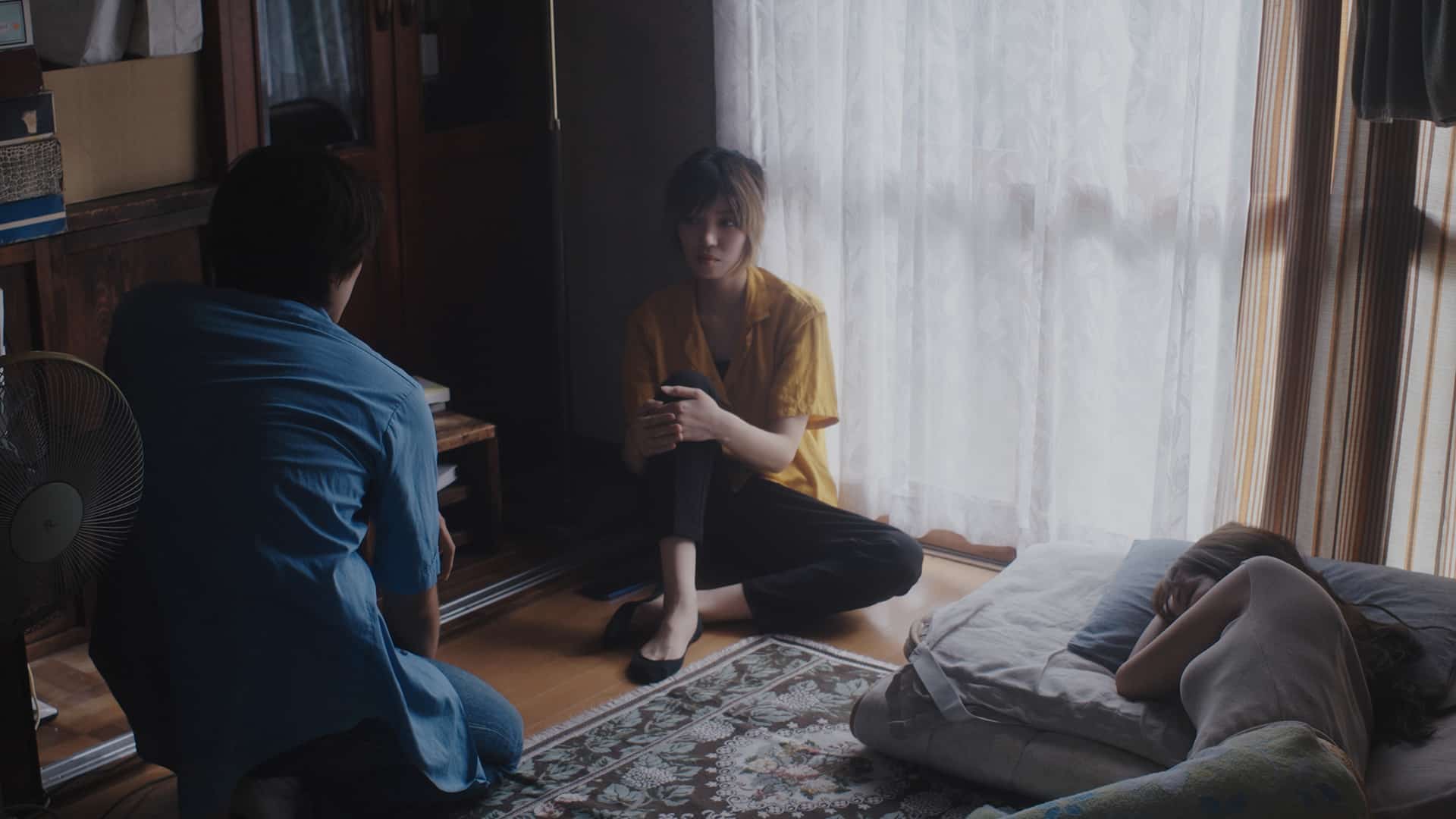
Regarding her cinematic approach, Shinya Nakata works in two axes for the most part. The first one, as mentioned before, is the intense dialogue that reminds of a stage play, which is essentially how the story and the movie move forward. Reluctantly at first, but as time passes, the protagonists open and more and more about themselves and their past. Kikushima's eventual revelation to her fiance is the most impactful moment in that regard, followed by Morita's self-reflection for her lack of connection with, essentially, everything. The dialogues are both self-reflective and analytical, but also move into more general topics, as in the case of reading Haruki Murakami's books or how the urban web is gradually reaching the rural area of the town the story takes place in, changing it forever. The comment about how people change or not is also interesting, also because it draws a parallel with the way the town changes. (Panos Kotzathanasis)


